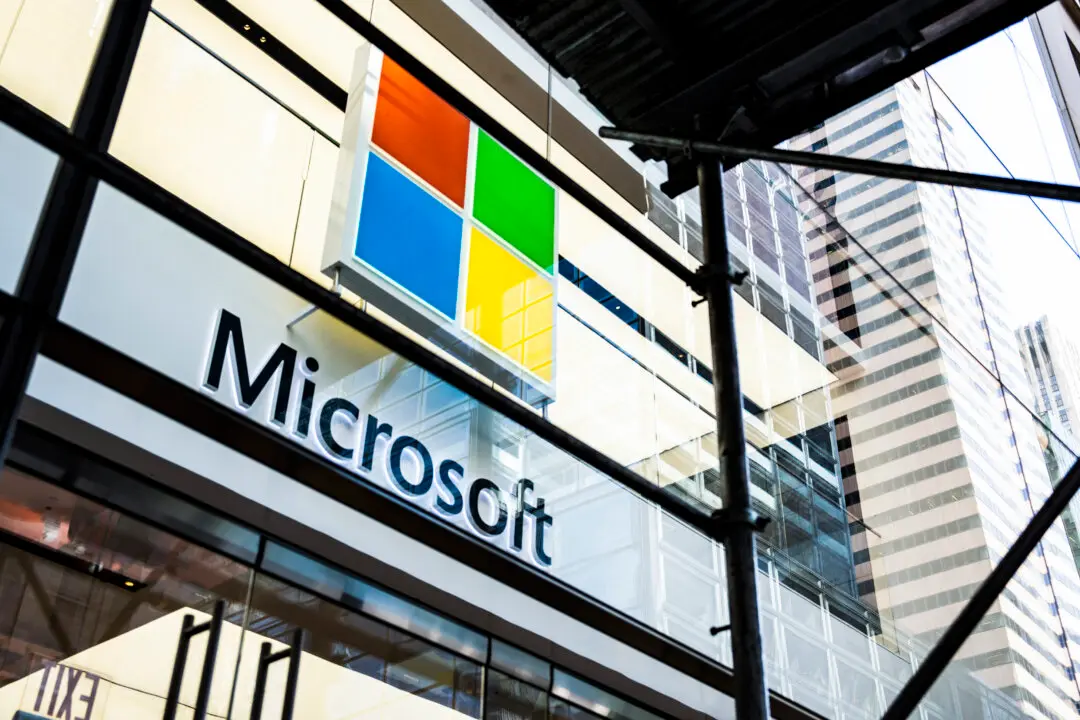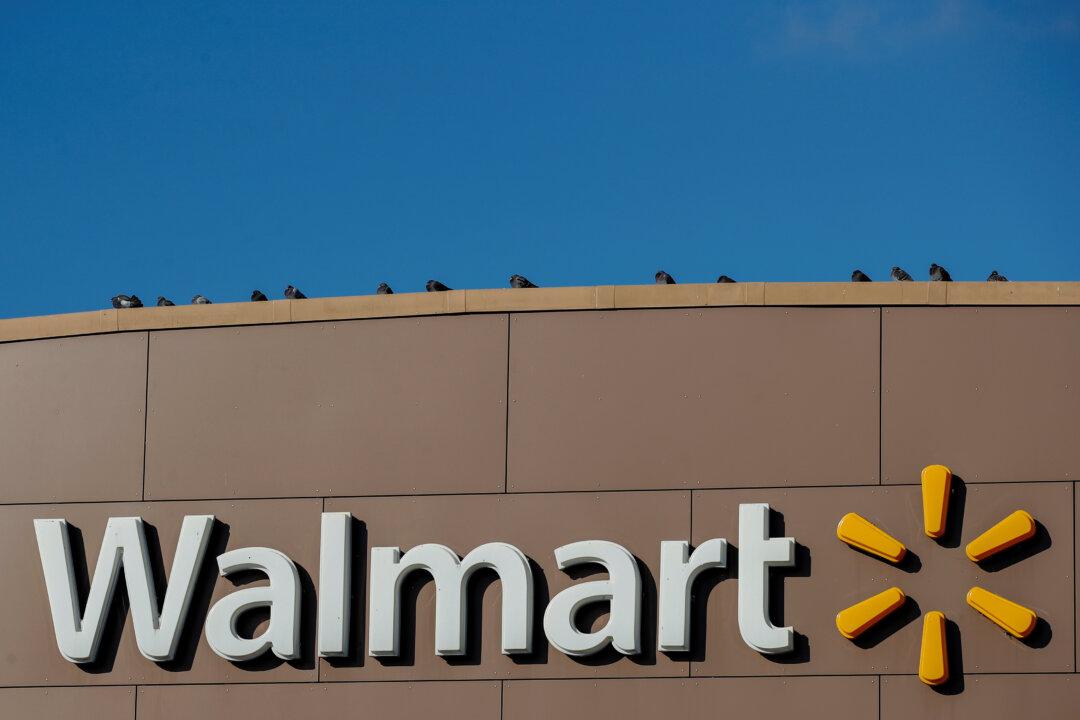Microsoft said on Friday that Russian hackers gained access to its corporate systems and stole some emails and documents belonging to the company’s senior executives.
The tech company said in a blog post that its security team detected the intrusion on Jan. 12 and quickly shut it down. The group responsible for the attack was identified as Midnight Blizzard, “the Russian state-sponsored actor also known as Nobelium.”




